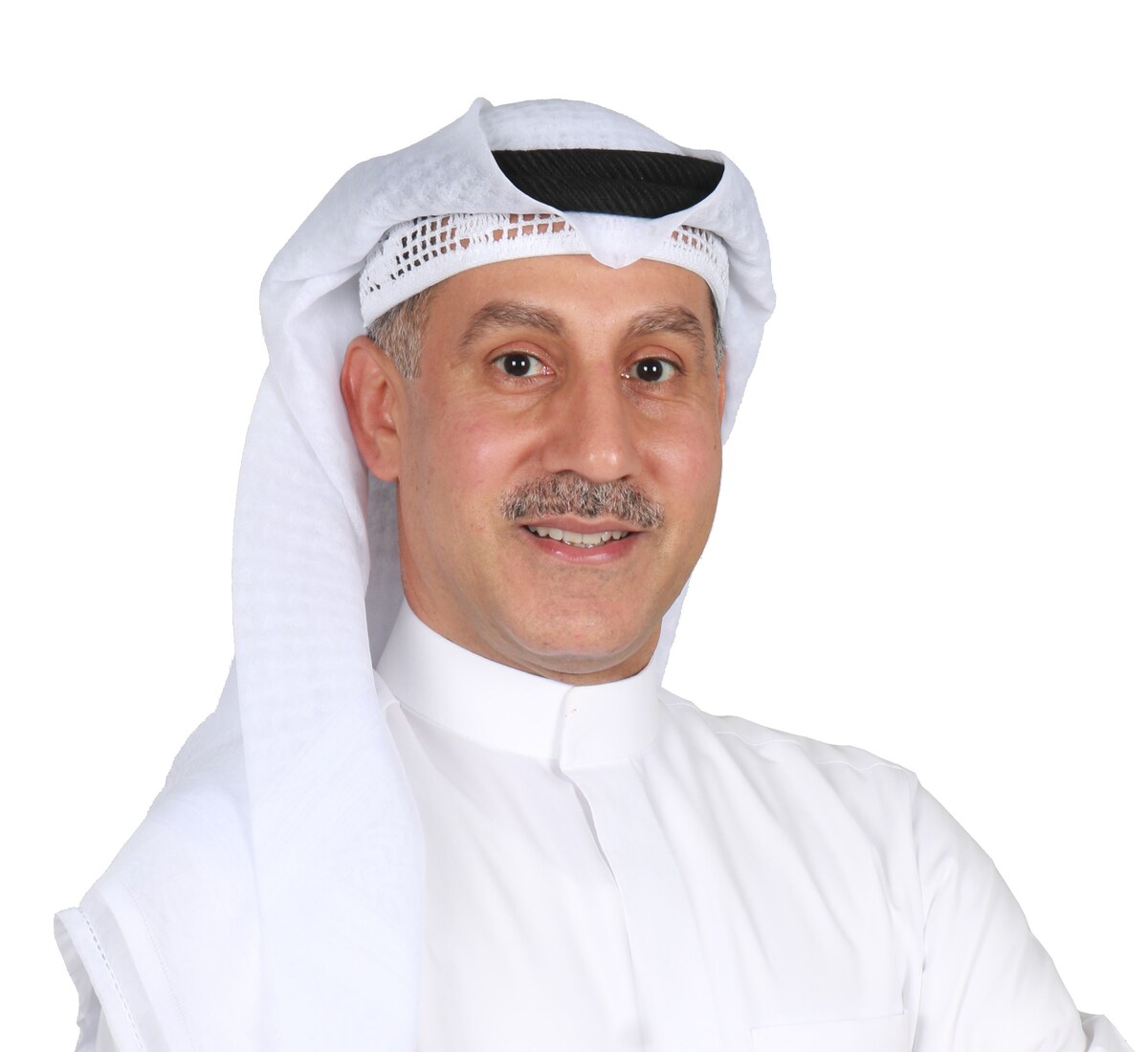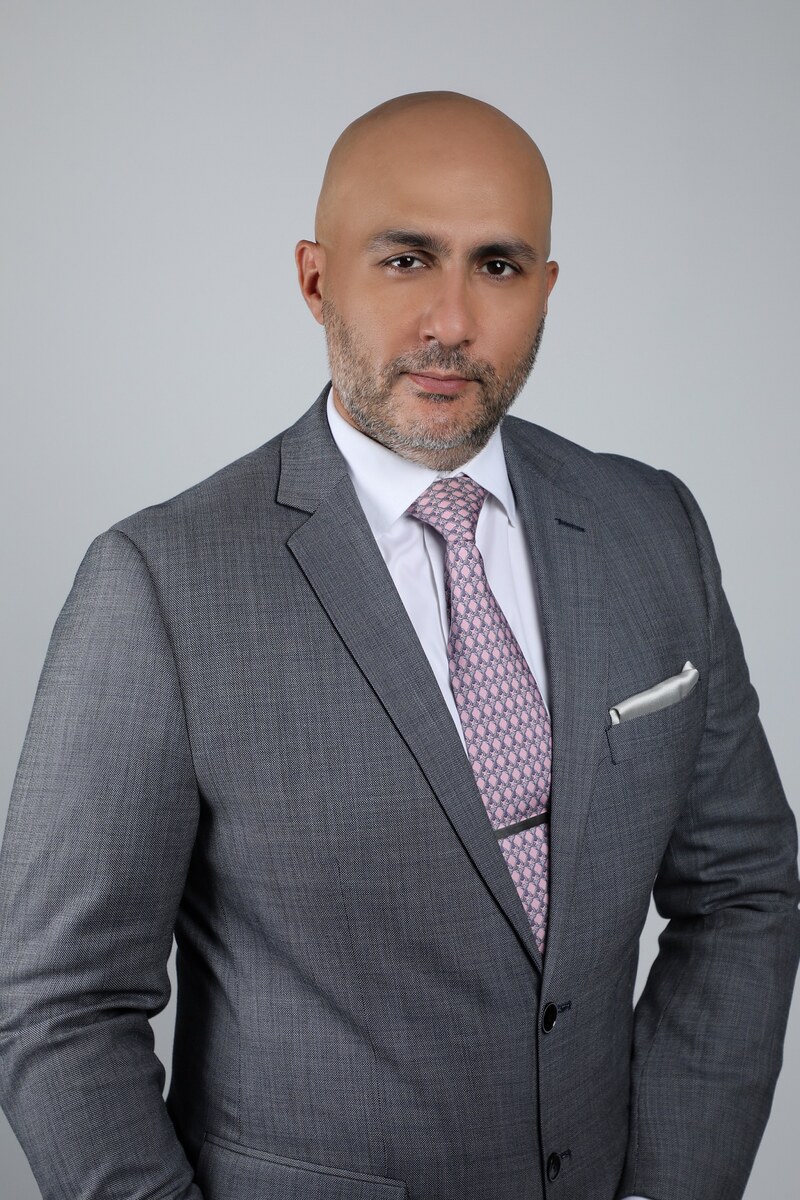RIYADH: Saudi Arabia has emerged as a transformative force in the private equity landscape within the Gulf Cooperation Council, driven by strategic initiatives, regulatory reforms and the nation’s commitment to Vision 2030.
The Kingdom’s ambitious plans are reshaping the region’s investment ecosystem, setting new benchmarks for growth, diversification and global engagement.
A surge in private equity activity
Private equity investments in Saudi Arabia have witnessed unprecedented growth over the past five years.
The total value of PE transactions surged from $523 million in 2019 to an all-time high of $4 billion in 2023 — seeing a compound annual growth rate of 66 percent during this period, according to a report by MAGNiTT and Saudi Venture Capital Co.
This surge highlighted the Kingdom’s success in creating a favorable environment for local and international investors.
Speaking to Arab News, Arjun Singh, partner and global head of fintech at Arthur D. Little, emphasized Saudi Arabia’s economic resilience amid global challenges: “While the world has grappled with rising prices due to inflation, Saudi Arabia has been able to maintain a relatively low inflation rate — 2.1 percent in 2024 and projected 2.3 percent in 2025 — which makes for a stable investment environment.”
Head of Janus Henderson Investors for Middle East, Africa and Central Asia, Meshal Al-Faras, expanded on this resilience, attributing it to strong domestic liquidity anchored by the Public Investment Fund and family offices, as well as a low debt-to-GDP ratio that ensures continued counter-cyclical investment even during global economic downturns.
He also highlighted Vision 2030’s success in “reducing dependence on oil and fostering resilience to inflationary pressures.”
Key to this growth is the increasing dominance of buyout transactions, which have consistently accounted for about 80 percent of the total PE capital deployed in Saudi Arabia.
Growth equity investments have also gained traction, reflecting the Kingdom’s strategy to support mid-sized companies poised for expansion.

Meshal Al-Faras, head of Janus Henderson Investors for Middle East, Africa and Central Asia. Supplied
Sectoral highlights
The manufacturing sector led the charge in PE investments, capturing 46 percent of the total value between 2019 and 2023. Other prominent sectors included financial services, telecommunications and health care.
Vision 2030 initiatives have encouraged diversification into non-oil sectors, with Singh identifying several opportunities: “While manufacturing and financial services dominate, greater activity is anticipated in food and beverage, tourism, entertainment, health care, technology, renewable energy and real estate.”
Leader of FTI Consulting Middle East and Africa, Vikas Papriwal, noted the opportunities emerging in health care and technology. “The Kingdom is fast becoming a regional tech hub. Advancements in fintech, cybersecurity and in particular AI (artificial intelligence) are supported by key government initiatives,” he said.
Papriwal said that partnerships with leading centers of excellence are positioning Saudi Arabia as a leader in cutting-edge health care and medical research.
Al-Faras echoed these observations, pointing to technology as a key area: “Government initiatives like SDAIA (Saudi Authority for Data and Artificial Intelligence) and fintech success stories such as STC Pay highlight opportunities in AI, fintech and cloud computing.”
He also emphasized the Kingdom’s ambitions in tourism and entertainment: “Giga-projects like NEOM and the Red Sea Development aim to attract 100 million annual visitors by 2030, driving investments in hospitality and eco-tourism.”
Additionally, he highlighted logistics and supply chain opportunities due to Saudi Arabia’s strategic location as a global trade hub.
The top five PE transactions accounted for 76 percent of the total investment during the period between 2019 and 2023, underscoring the concentration of capital in high-value deals.
Driving forces behind the transformation
Saudi Arabia’s transformation into a PE powerhouse is deeply rooted in its economic and regulatory reforms. Vision 2030 has been instrumental in fostering a robust investment ecosystem.
Papriwal highlighted the impact of regulatory enhancements: “The recent updates to Companies Law have made conducting business in Saudi Arabia significantly easier for investors as it improves legal certainty and transparency.”
Al-Faras elaborated on this: “The introduction of new laws such as the New Companies Law, effective January 2023, have transformed Saudi Arabia’s business landscape.”
He added: “They have streamlined corporate structures, for example, the introduction of the Simplified Joint Stock Co. allows flexibility and ease for startups and investors, requiring no minimum capital. They have also improved governance, with enhanced minority shareholder protections and formal recognition of shareholder agreements boosting investor trust.”
The top official explained that the regulations enable full foreign ownership, which enables access to previously restricted sectors such as retail and manufacturing, and encourages international investment.
“Moreover, they provide support for SMEs and Innovation in that provisions like audit exemptions and employee share schemes reduce costs and foster entrepreneurship,” he added.
Additionally, Singh pointed to Saudi Arabia’s improving global rankings: “KSA has steadily been rising in the ‘Ease of doing business’ ranking … and has also gone up the ranks in the Global Innovation Index ranking from 66th in 2020 to 48th in 2023; the GII ranks the world economies according to their innovation capabilities.”

Arjun Singh, partner and global head of fintech at Arthur D. Little. Supplied
The role of the Public Investment Fund
PIF has played a central role in driving private equity growth. Papriwal described it as a catalyst for fulfilling Vision 2030 objectives: “It is at the fulcrum of many government initiatives driving public and private sector growth and employment.”
He added: “PIF has successfully created a number of significant industry platforms allowing cutting-edge technologies to be embedded into these key growth engines.”
Al-Faras highlighted the wealth fund’s pivotal role in de-risking investments: “By acting as an anchor investor, the PIF reduces risks for private and institutional investors. Its investments in technology, renewable energy and tourism projects like NEOM have positioned Saudi Arabia as a hub for innovation.”
He added that PIF’s strategic approach balances domestic development with global diversification, demonstrating how sovereign wealth funds can align investments with national priorities to drive long-term growth.
Comparative advantage in the GCC
While global PE markets grapple with high interest rates and inflation, the GCC region, led by Saudi Arabia, remains resilient.
Saudi Arabia’s PE ecosystem benefits from its particular investor composition, where family offices and sovereign wealth funds dominate compared to institutional investors in Western markets.
Papriwal said: “Saudi private equity investors are also less dependent on global capital markets compared to their counterparts in other regions, which allows for a degree of insulation from international interest rate fluctuations.”
Al-Faras added: “Expanding IPO activity, and the privatization of state-owned assets create liquidity and exit opportunities.”
To attract more international general partners, Singh suggested building trust through greater transparency and aligning regulatory frameworks with global standards.
Local players must focus on protecting intellectual property rights, streamlining dispute resolution and improving ease of doing business through financial incentives, he advised.
Al-Faras concurred, stating: “Another recommendation is to simplify market access: Expand 100 percent foreign ownership to additional industries and digitize business processes.”
Venture capital synergy
Complementing the PE landscape is Saudi Arabia’s thriving venture capital ecosystem.
Venture funding in the Kingdom grew nearly 15-fold between 2018 and 2023, reaching $6.1 billion.
Programs such as the Neom Investment Fund and Aramco Ventures are catalyzing innovation, particularly in technology-driven sectors.
Papriwal said that encouraging partnerships between local firms and international general partners will ease navigation across the business landscape and accelerate investments.
Future outlook
As Saudi Arabia continues to reshape the PE landscape, several trends are expected to define its trajectory,
Increased deal flow, with ongoing economic diversification and infrastructure development will sustain growth in PE transactions.
Alongside that, sectoral expansion will occur, with health care, technology and logistics likely to attract increased investment, leveraging the Kingdom’s young, tech-savvy population and strategic geographical location.
Enhanced exit opportunities are also set to help foster a rise in IPOs, and strategic mergers and acquisitions, while secondary market activity will provide more avenues for PE firms to realize returns.
Papriwal summarized the Kingdom’s trajectory, explaining that Saudi Arabia’s proactive strategies “create a wider appeal to private equity investors who will give the Kingdom access to global capital.”
He added: “The resulting inflow of international capital, expertise and technology will have a profound and long-lasting impact on Saudi Arabia’s economic development, positioning the Kingdom as a major global business hub in the years ahead.”





















